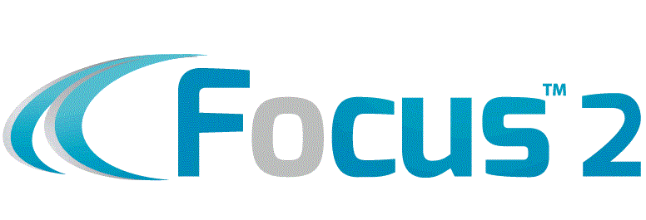Storm brewing over FAFSA debate
The Free Application for Federal Student Aid students file annually to determine financial aid received is composed of six pages and 120 questions, which is longer than many tax returns. At this length, students said the form can be burdensome.
Sophomore interior design major Clancy Pannell said the form took him over two days to fill out because he had to gather the information and make sure it was correct.
"I don't want to spend all this time filling out a lengthy form that's frustrating," he said. Pannell said he wanted to apply for a loan but didn't feel he should have to fill out the form to qualify for it.
Lengthy, complex form
The FAFSA contains questions based on information from the federal tax forms and a student's adjusted gross family income. It uses this information to determine the Expected Family Contribution of students going to college. The EFC is then used to appropriate state aid and federal loans.
Another complaint students have about the form is that it contains complicated terminology.
"I guess it's necessary, but I'm not sure what some of it means," junior nursing major Amanda Engelhart said.
She said the information is pulled from your federal tax form, so "you might as well check a box" on your tax form. She added she thinks more students would fill it out this way.
Junior nursing major Gina Ferrante agreed. She said she doesn't fill it out because she thinks "it's not worth it." She added she would do it was as simple as checking a box.
She is not alone. According to the U.S. Department of Education, 40 percent of college students fail to file a FAFSA. Nonetheless, the department did find almost 21 percent more students filed the FAFSA in 2009 than in 2008. The department said a reason for this is the state of the economy.
Simplifying the form
President Barack Obama said he recognizes the complication and volume of the form is overwhelming for many college students and offered a similar solution to what Engelhart described. He wants to eliminate the FAFSA. Instead of the form, he would have families check a box on their tax form indicating the information can be used. This is one of many proposed options to change the FAFSA.
Mark Evans, director of Financial Aid at Kent State, said it's "a radical change" but definitely an option to simplifying the process. He acknowledged the lengthy form could be cut down.
"There are a number of questions on the FAFSA that have no impact on financial aid, but someone uses the information to process aid," he said.
Simplifying the form may convince students who don't fill out the FAFSA to do so. This is a proposed change, but legislation has already been put into place to change the form.
The Higher Education Opportunity Act was signed into law by President George W. Bush on Aug. 14, 2008. The act requires the secretary of education to work toward reducing the number of FAFSA data elements by 50 percent and submit a report on the progress.
Evans said reducing the form may affect the formula for the EFC.
"If we had to reduce to 50 questions from the current form, (we) would have to know what impact to the EFC would be so there isn't any inconsistencies," he said.
Another change brought about by the Higher Education Opportunity Act, Evans said, is that students with a family adjusted gross income under $30,000 are eligible for auto-zero EFC and can fill out a simplified version of the form, EZ FAFSA. Also, students with a family adjusted gross income of less than $50,000 are eligible for a simplified needs test that would allow them to fill out the EZ FAFSA, too. These applicants will have the ability to file over the phone.
Students suggest changing FAFSA's terms for filing as an independent. Sophomore nursing major Jennessa Macdonald said she dislikes the fact that she has to list her parents as a dependent when she pays for college on her own.
"I don't see a point to it," she said. She added that she doesn't think you should be 24 years old to file as an independent.
Evans said there is an option available for students to file as an independent, but it only applies to a small amount of students.
If a student's FAFSA is partially completed, the Financial Aid Office will encourage the student to talk with a financial aid specialist or get parent information. If a student can't get parent information, then the school can request the state government to process the student as an independent. Evans said this is rare and fewer than 100 Kent State students have these circumstances.
Evans said there is a lot of energy now put into talks about simplifying the financial aid process.
He added that, in considering these proposed changes, there will have to be evaluations of smaller, shorter versions of the FAFSA to see what works.
J.D.’s comments: While many would argue to make the FAFSA form easier to fill out, the question remains how will these changes affect my child’s ability to get aid. The convince of a single click on your tax form isn’t all that it is promised to be. There are still many questions that must be answered that are not on the tax forms, such as, which college would you like to submit for financial aid, and are you a first year, second year ect. student? Here is a question for you, when was the last time the government ever made anything easier?
Original article posted here





